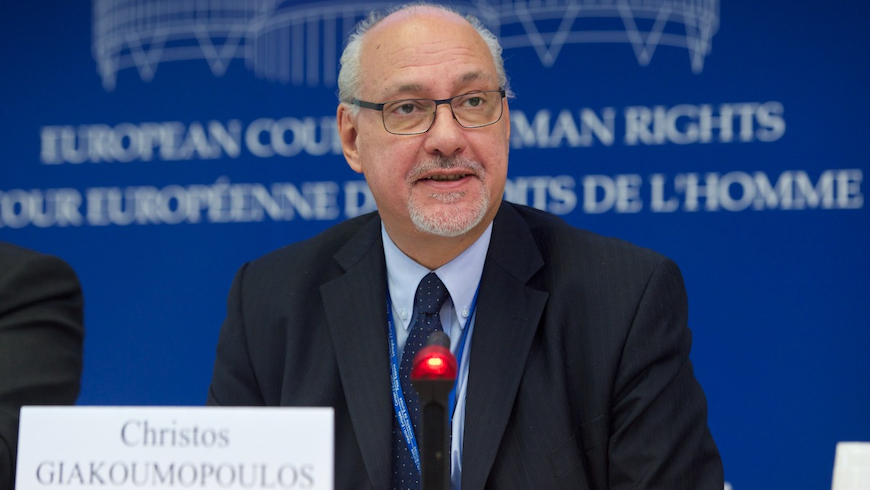How can we combat ageism and ensure active social citizenship for older persons? How can we effectively use international human rights instruments and in particular the European Social Charter to combat discrimination against older people? How can we better cooperate to ensure the rights of older persons are guaranteed?
These and other questions will be discussed at an online event, organised within the COE-FRA-ENNHRI-EQUINET Collaborative Platform on Social and Economic Rights on 27 September 2021 from 14:00 to 16:00 CET.
The event will be open, web casted and can be followed via Web streaming in English, French or original channels via the online platform KUDO.
The main objective of the meeting is to present the new Council of Europe publication “Against Ageism and Towards Active Social Citizenship for Older Persons. The Current Use and Future Potential of the European Social Charter”, written by Gerard Quinn, UN Special Rapporteur on the rights of persons with disabilities and Israel (Issi) Doron, Head of the Centre for Research and Study of Aging, University of Haifa. The foreword is authored by Claudia Mahler, UN Independent Expert on the enjoyment of all human rights by older persons.
The meeting aims to bring together national and international human rights players to discuss, on the basis of the published study, ways of improving the situation of older persons across Europe; to see how different international human rights standards can be optimised to uphold the rights of older persons and to inspire national policies ensuring respect for dignity, equality and non-discrimination.
The study also analyses the role of different stakeholders - governments, civil society and National Human Rights Institutions/Equality Bodies - and whether and how the European Social Charter can equip all of them to interact effectively in moving Europe away from the ageist laws and policies of the past.
More importantly, the study lays out a vision of how the Charter can be optimised in the future as Europe struggles to eliminate ageist laws and policies. Therefore, the meeting aims to examine the suggested recommendations and explore concrete ways of their implementation at national level.
More information:
Follow us on social media:
- Twitter ESC - Twitter DG1 -Facebook - LinkedIn - Instagram - YouTube










